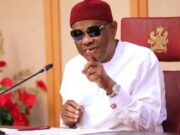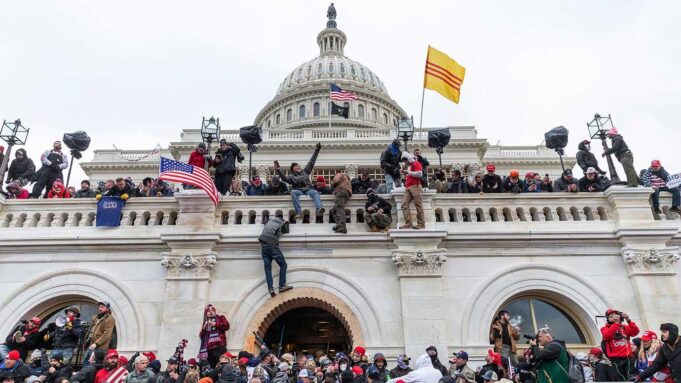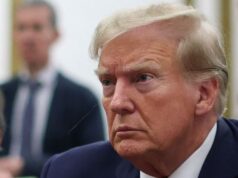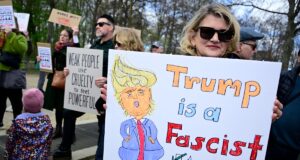On his first day in office, U.S. President Donald Trump issued pardons for over 1,500 individuals involved in the January 6, 2021, Capitol insurrection.
The pardon list included prominent figures such as Enrique Tarrio, former leader of the Proud Boys, who was sentenced to 22 years for leading a violent assault on the Capitol.
Trump also commuted the sentences of Stewart Rhodes, leader of the Oath Keepers, reducing his 18-year sentence to time served. Both men were convicted of seditious conspiracy related to the Capitol attack.
Trump described the rioters as “hostages” during a White House signing ceremony and stated that he granted “full pardons” to the more than 1,500 defendants involved in the attack.
“We hope they come out tonight, frankly,” he added. The pardons came after Trump’s repeated campaign promises to release those charged in connection with the insurrection, whom he referred to as “patriots” and “political prisoners.”
The assault on the Capitol had left over 140 police officers injured and resulted in significant property damage.
The rioters aimed to disrupt the certification of Joe Biden’s electoral victory, following a speech by Trump where he falsely claimed victory in the 2020 election.
Former Democratic Speaker Nancy Pelosi condemned the pardons, calling them an “outrageous insult” to the justice system and to the officers who protected the Capitol.
Trump, who faced charges from special counsel Jack Smith for attempting to overturn the 2020 election, had these charges dropped due to his status as a sitting president.
Alongside the pardons, Trump also commuted the sentences of nine Oath Keepers members, including Rhodes, and five Proud Boys.
The pardons apply to all individuals convicted in connection with the Capitol riot, and the executive orders will lead to the immediate release of those still incarcerated.
Meanwhile, outgoing President Joe Biden issued his own series of pardons, protecting various individuals from politically motivated prosecutions by the Trump administration.
These included family members and former political figures such as Anthony Fauci and Liz Cheney.
In a separate executive action, Trump also initiated the process of withdrawing the U.S. from the World Health Organization (WHO) for the second time during his presidency.
Trump cited the WHO’s mishandling of the COVID-19 pandemic and its alleged political bias towards China as reasons for the withdrawal.
He also criticized the financial contributions the U.S. made to the WHO, calling them unfair and overly burdensome.
Trump had previously attempted to withdraw from the WHO during the pandemic, a move that was reversed by President Biden.
Trump’s new order makes it likely that the U.S. will formally leave the organization, although he left the door open for a potential return in the future.
Public health experts have criticized the decision, warning that it could undermine global health efforts and harm the U.S.’s leadership in international public health.

















